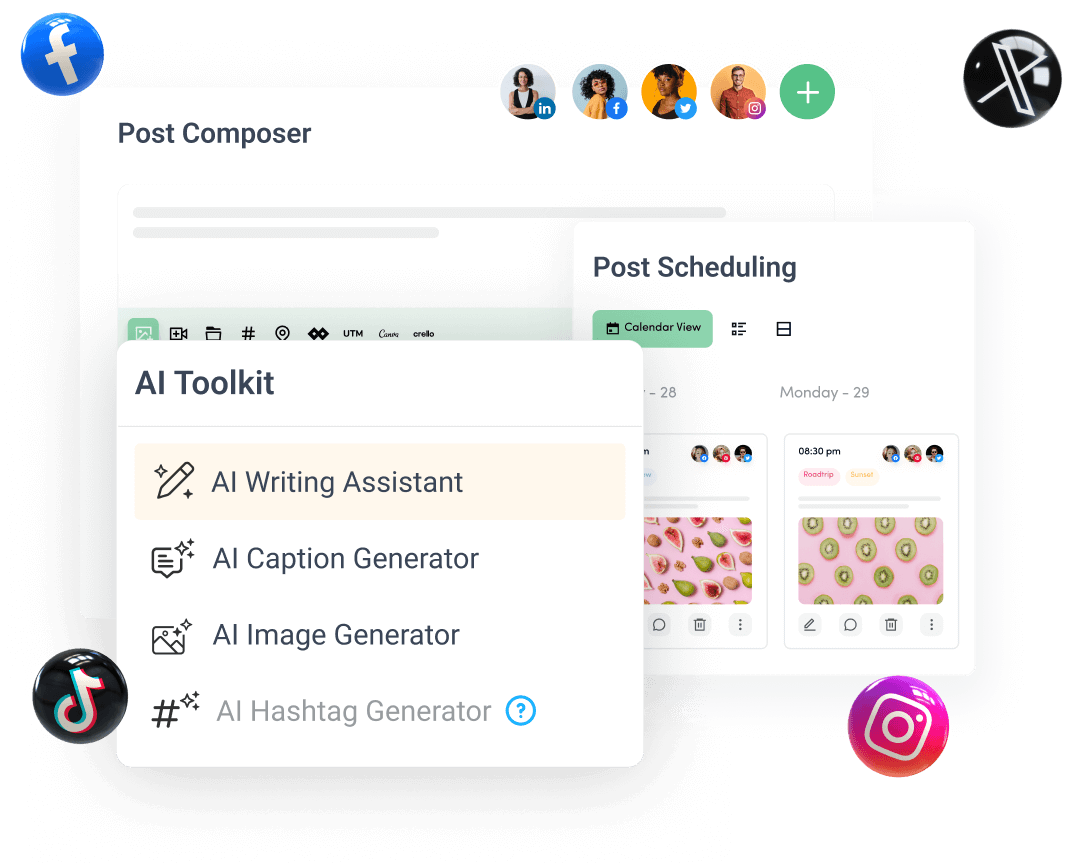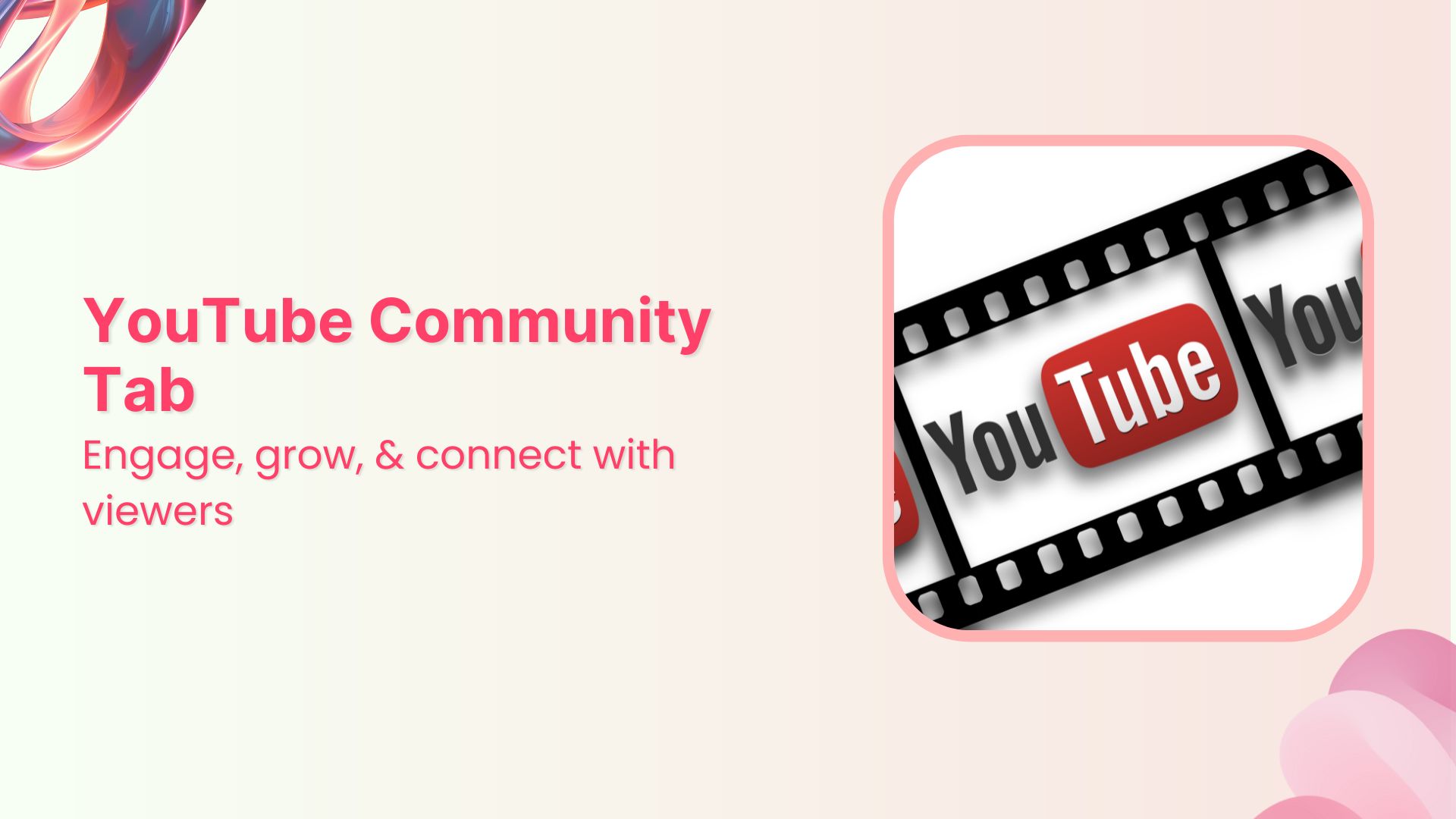🚀 Introducing Contentpen – Your AI-Powered content assistant!Join the waitlist.
Doxxing

What is doxxing?
Doxxing refers to the act of publicly revealing someone’s personal or sensitive information without their consent, often with malicious intent. This information can include a person’s real name, address, phone number, email, or workplace.
The term originates from “dropping dox,” slang for leaking documents. In today’s digital age, doxxing is often carried out on social media sites or forums, exposing individuals to harassment, threats, or worse.
How does doxxing happen?
Doxxing can occur through a variety of methods, including:
- Social engineering: Tricking individuals or organizations into revealing confidential information.
- Hacking: Gaining unauthorized access to private databases or accounts.
- Public data mining: Collecting personal details from publicly accessible sources such as social media profiles, websites, or online directories.
Types of doxxing
Direct identification
This involves revealing:
- Real names of pseudonymous users
- Physical addresses
- Phone numbers
- Email addresses
- Employment information
Secondary information exposure
This includes sharing:
- Family members' details
- Financial information
- Educational history
- Medical records
- Personal photographs
Is doxxing illegal?
Whether doxxing is illegal depends on the laws of the jurisdiction where the act occurs. In many countries, doxxing is considered a violation of privacy laws and can lead to criminal charges, especially if the act results in harm or harassment.
For example, if doxxing is accompanied by threats, stalking, or identity theft, it may be prosecuted under specific legal frameworks.
However, in some cases, if the information disclosed is already publicly available, proving illegality can be challenging. It’s essential to understand your local laws to determine whether an act of doxxing constitutes a criminal offense.
In the USA, doxxing is illegal in California, Texas, Nevada, Illinois, and Oregon. However, the exact legal nature of doxxing is unclear in other states.
Can you sue someone for doxxing?
Yes, you can sue someone for doxxing if it leads to personal harm, harassment, or damages. A victim can pursue legal action under privacy laws, defamation laws, or harassment statutes. Civil lawsuits can also seek compensation for emotional distress, reputational harm, or financial losses caused by the incident.
If you believe you’ve been a victim of doxxing, consulting a lawyer to understand your options is crucial. Documenting the doxxing incident, including screenshots and timestamps, strengthens your case.
Tips to protect yourself from doxxing
While platforms like ContentStudio help you manage your online presence responsibly, it’s important to take personal steps to safeguard your information:
- Limit personal data online: Avoid sharing sensitive information publicly on social media or forums.
- Use strong passwords: Protect your accounts with robust passwords and enable two-factor authentication.
- Monitor your digital footprint: Regularly search for your name online to identify any personal information that might be exposed.
- Report suspicious activity: If you suspect someone is attempting to gather your information, report it to the relevant authorities or platform.
How to respond if you’ve been doxxed
If you become a victim of doxxing, here are steps to take immediately:
- Document the evidence: Take screenshots of the shared information and any associated threats or harassment.
- Report to platforms: Notify the social media platforms or websites where the information was posted to request its removal.
- Contact law enforcement: Depending on the severity of the case, reach out to local authorities for assistance.
- Seek legal advice: Consult a legal professional to explore options for suing the perpetrator or pressing charges.
By staying vigilant and using tools like ContentStudio to manage your social media activity, you can reduce the risks associated with doxxing while maintaining a strong and secure online presence.

Create, plan, schedule, and publish posts on all social media networks




